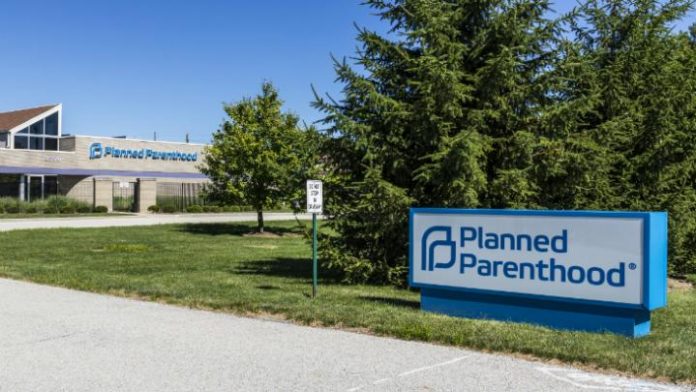The US$2.1 billion fertility centre industry in the USA is big business. An issue briefer from US law firm Peiffer Wolf has warned of the worsening situation in the fertility industry in the USA, saying that clinics are ‘almost entirely unregulated’. This could affect future fertility tourism to the USA.
Peiffer Wolf Carr & Kane is a US law firm nationally recognised for representing victims in cases where fertility clinics were accused of misconduct, including destroying or losing eggs and embryos. This is a highly technical area of law and science.
Among lawsuits filed are:
- Cincinnati’s Institute for Reproductive Health, the associated The Christ Hospital, and Ovation Fertility are accused of misconduct in the birth of a Columbus, Ohio, area woman who learned from a home DNA kit purchased as a Christmas gift that the man she thought was her biological father is not, and instead, may have been a doctor at the Cincinnati hospital.
- A Los Angeles couple that had their fertilised embryo implanted in a stranger in New York and then had to go to court after the child was born.
- Large-scale embryo losses during the spring of 2018 at Pacific Fertility Centre in San Francisco and University Hospitals Fertility Centre in Cleveland.
- The roots and possible solutions to the worsening situation in the USA are addressed in the new Peiffer Wolf issue briefer, “The Fertility Centre Regulation Crisis in the U.S.”:
- Fertility centres in the USA are almost entirely unregulated, unlike the tighter oversight in Estonia, Abu Dhabi, Germany and the UK
- In the USA, nail salons are subject to far tighter state and federal controls than fertility clinics.
- The result is a Wild West situation where meaningful oversight is absent, error reporting is essentially voluntary, and tragic cases of lost, destroyed or otherwise improperly handled embryos are on the rise, including more than 5,000 embryos and eggs known to have been lost or destroyed in less than two years.
- America’s hands-off approach to oversight of reproductive practices has left a gaping hole for a booming, unregulated market fraught with fraud and abuse.
- In 2016, a national ratings website found that 18-24% of fertility patients reported damaged or destroyed samples, among a host of other errors.
The briefer compared this with the UK, where there is a national agency (the Human Fertilisation and Embryology Authority (HFEA)) that requires all facilities to comply with a standard of professional conduct covering all details of the clinical and embryological practice associated with assisted reproductive technology. The HFEA conducts regular fertility centre inspections, seeking corrective measures where needed, and publicising all regulatory actions.
Joseph Peiffer of Peiffer Wolf says: “Cases we are filing illustrate the lack of regulation governing fertility clinics in the USA. Only through further litigation and sensible regulation can nonsense be stopped. We need accountability for big fertility.”
Naomi Cahn, professor at George Washington University Law School and author of the book “Test Tube Families: Why the Fertility Market Needs Legal Regulation,” adds: “Few laws in the United States are directly concerned with assisted reproductive technology. As an increasing number of people use fertility services, the industry has outpaced regulation. There is clearly a need for additional governmental oversight.”
Dr. Amel Alghrani from the University of Liverpool, and author of “Regulating Assisted Reproductive Technologies: New Horizons,” says: “The UK’s IVF practices are amongst the safest in the world because of its comprehensive regulatory framework. The clear statutory framework, together with statutory oversight, ensures fertility clinics and research centres comply with the law and agreed standards, to provide high quality care and research. Safe and effective regulation is imperative in order to protect the procreative rights of all those who use assisted reproductive services.”
Other key Peiffer Wolf issue briefer findings include:
- The US$2.1 billion fertility centre industry in the USA is big business.
- More than one out of 10 women end up seeking out fertility-related services from 480 US clinics, resulting in 69,000 live births a year.
- In the absence of meaningful state and regulatory oversight of the fertility centres, it would be comforting to think that a system of industry self-regulation would work. But what self-regulation exists today is weak and full of holes.








 ©2024 All rights reserved LaingBuisson
©2024 All rights reserved LaingBuisson 


